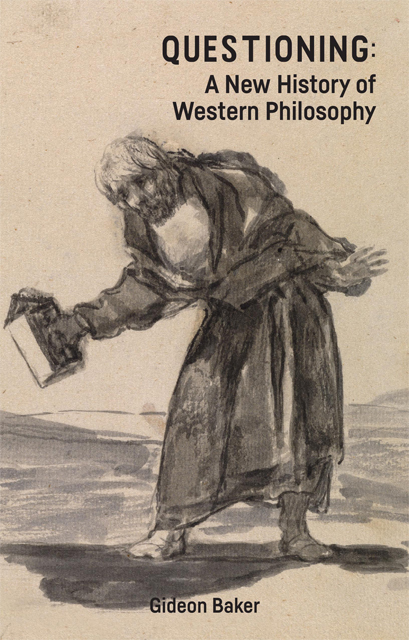12 - Kierkegaar
Published online by Cambridge University Press: 14 July 2023
Summary
KANT QUESTIONED WHETHER WE could know things in themselves. But he didn’t doubt that we could know the moral law, since that law, while it has a timeless and universal form, has no particular content. To act morally is not a matter of learning a code (for example the Ten Commandments in the Bible). Rather, moral acts are those which any rational person could repeat (what Kant called the ‘categorical imperative’). For example, I don’t need the Ten Commandments to tell me that murder is wrong since I couldn’t reasonably murder anyone. Reasonably here means: will that others should do the same. If I commit murder, I most likely wish to get away with it in my case; but I cannot will that murder in general goes unpunished. I act in a way that my principle of action cannot be made into a general rule. I act only as an individual.
The idea that our actions are ethically significant only if they transcend our individual perspectives was one that Søren Kierkegaard (1813–55) questioned passionately. Kierkegaard does not mean by this that we should depend upon our everyday morality: ‘one does what one can’ is a phrase that is entirely empty for him (Kierkegaard 2004: 345). Rather, for Kierkegaard, the acts that matter are precisely those in which the individual knowingly abandons the guidance of general principles and decides for something that, in other circumstances, would indeed be wrong. Even murder.
We shall look into Kierkegaard’s case for murder in a moment. But, for now, it is worth reflecting that Kierkegaard has a point. Can general principles of action such as Kant’s ‘categorical imperative’ really help us other than in general? For example, while murder as such is undoubtedly a problem, would killing a Nazi collaborator in occupied France be the wrong thing to do if you were a resistance fighter? Indeed, would there be anything else to do in such difficult and dangerous circumstances?
Kierkegaard’s case for murder is for a murder that, at the very last moment, didn’t happen. But the would-be murderer was in the process of plunging the knife into his victim before he was stopped. And he didn’t stop on his own behalf but because God intervened. That man was Abraham. His victim? His very own son, Isaac.
- Type
- Chapter
- Information
- QuestioningA New History of Western Philosophy, pp. 125 - 134Publisher: Edinburgh University PressPrint publication year: 2022

